As a result of work on the projekt „PRO.ME.NE – Promotion of mental health network“, which is implemented by Caritas Serbia, in the EU program of Support to the civil society, on the 17th and 18th of March in the Palace Hotel in Belgrade was held the First conference of the Network of Association for Mental Health. The event was attended by 150 participants from all Serbia, as also participants from Italy and Bosnia and Herzegovina.
The most important moment of this conference was the signing of the Protocol on cooperation, that led to the official forming of the Network for mental health “NaUM”, created by all 8 associations of users of metal health services present in Serbia: Mir (Pirot), Valenca (Niš), Duša, Herc, Videa (Beograd), Duga (Zrenjanin), Sunce (Novi Kneževac) and Ulop (Novi Sad).
The network is built with the goal to improve the treatment of people with mental health problems, lobbing with State institutions for the full respect of their rights according to the international conventions, reduction of stigma, improving the quality of life, employment and their mayor participation in the life of the society.
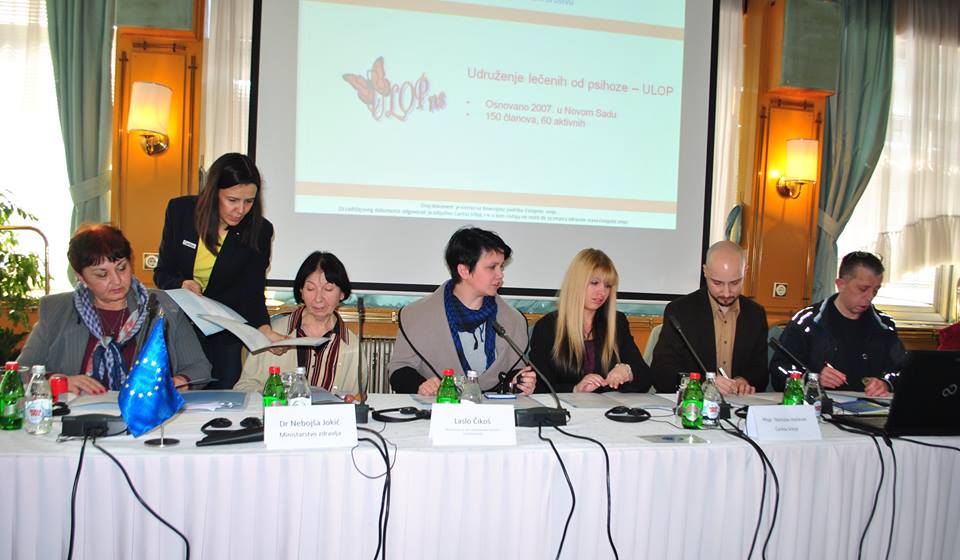
Other than the members of associations of users of mental health services, this conference was also attended by psychiatrist, psychologists, social workers, representatives of psychiatric hospitals, Institute for mental health, NGOs and relevant institutions from this area from all over Serbia.
On the beginning the manager of the project “PRO.ME.NE” and the national coordinator of Caritas Serbia Darko Tot presented the projects and the results achieved so far. This was followed by the welcoming speech of the President of Caritas Serbia Belgrade Archbishop Msgr. Stanislav Hocevar, in which he said that the situation on the field of mental health has improved in the past 15 years of his service in Serbia, but it’s necessary to work more in this area, pointing out the role of Caritas in helping the people in need, but also the role of every individual in achieving the common good.
“Only if we all connect in searching for answers the society can prosper. If we all search for the common good, single persons will also have a chance for a personal growth”, were the words of Msgr. Hocevar.
During his presentation the representative of the Ministry of health Dr Nebojsa Jokic spoke about the progress on the field of the rights of the patients and improvement of mental health in Serbia, through laws on the protection of patients and protection of people with mental health problems.
The State Secretary of the Ministry of work, employment, veteran and social issues Laslo Cikos pointed out different challenges this Ministry is facing, like the process of deinstitutionalization on the field of mental health, pointing out the importance of collaboration of NGOs and State in the reform process.
After the presentation of all associations and the signing of the Protocol on cooperation, that led to official forming of the Network, in the second part of the program the participants had the chance to hear some experiences on the field of mental health from abroad.
Dr Paolo Serra, psychiatrist and expert associate of Caritas Italy, who has been involved for 14 years in projects regarding mental health in Serbia, pointed out that in this period he had chance to see contradictory results of progress in our country, underlining the problem of long stay in psychiatric hospitals, a great number of hospitalized people and the hospitalization for social and not medical reasons. As significant improvement Dr Serra pointed out the presence of centers for mental health in communities, day hospitals, but most of all the presence of associations of people with mental health problems, underlining their therapeutic efficiency.
Vahid Đulović from the Association for mutual assistance is psychical distress “Fenix“ from Tuzla presented the history of this association from the foundation to the present day, encouraging people with mental health problems from Serbia to take responsibility in making changes.
Maurizio Camin, Director of the organization Trentino with the Balkans, shared the experience of the Italian province of Trento on the field of mental health, underlining the importance of common work, because, as he pointed out: “the problem of mental health is the problem of all“.
Donatella Miccinesi from the Italian Association for Mental Health – AISMe shared her own personal experience as a family member of a person with mental health problems and also the experience of the work of the organization AISMe in providing support to people with mental health problems, especially the ones which are not in the system of social protection and to their families.
These presentations were followed by a plenary discussion, which continued during the group work the next day. On the conclusions of the conference the participants highlighted the difficulties which the members of the associations are facing in the relation with the system of social and health protection, as inadequate conditions in psychiatric hospitals and other institutions, unavailability of certain medicines and insufficient collaboration with the general practitioners. As the strengths of the system of social and health protection the participants underlined the presence of professionals, the examples of good practice, day hospitals and the importance of the process of deinstitutionalization in social protection. As the potentials of the network for mental health were underlined the importance of the exchange of experiences between associations, lobbing with State institutions, common fundraising work, informing the patients about their rights and new kind of therapies. On the conclusion the participants also underlined the importance of spreading the idea of mental health services in communities.


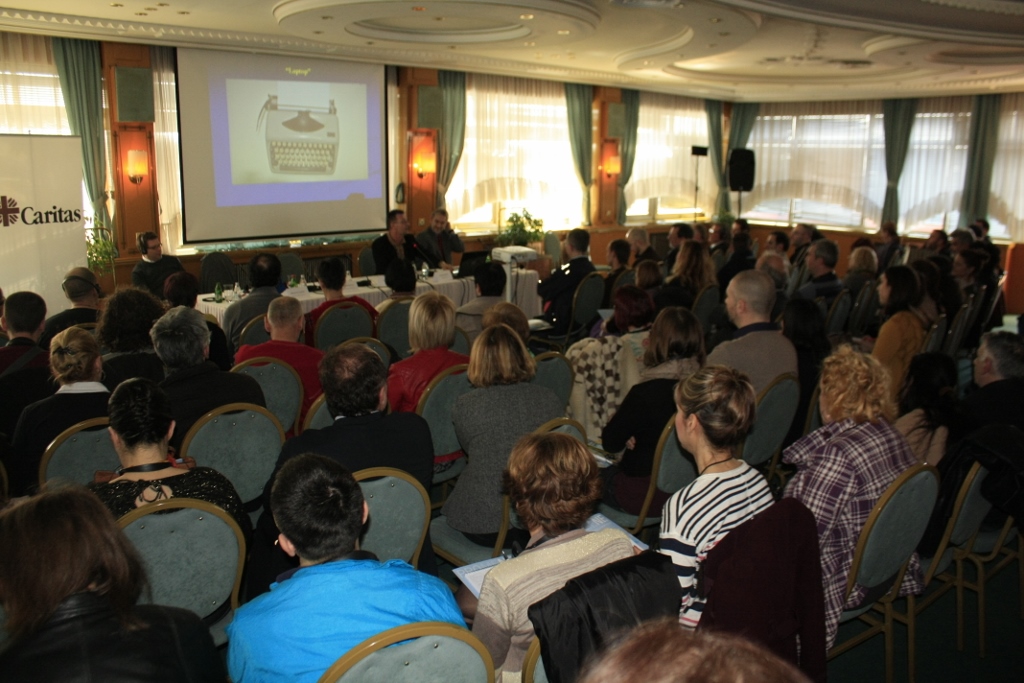
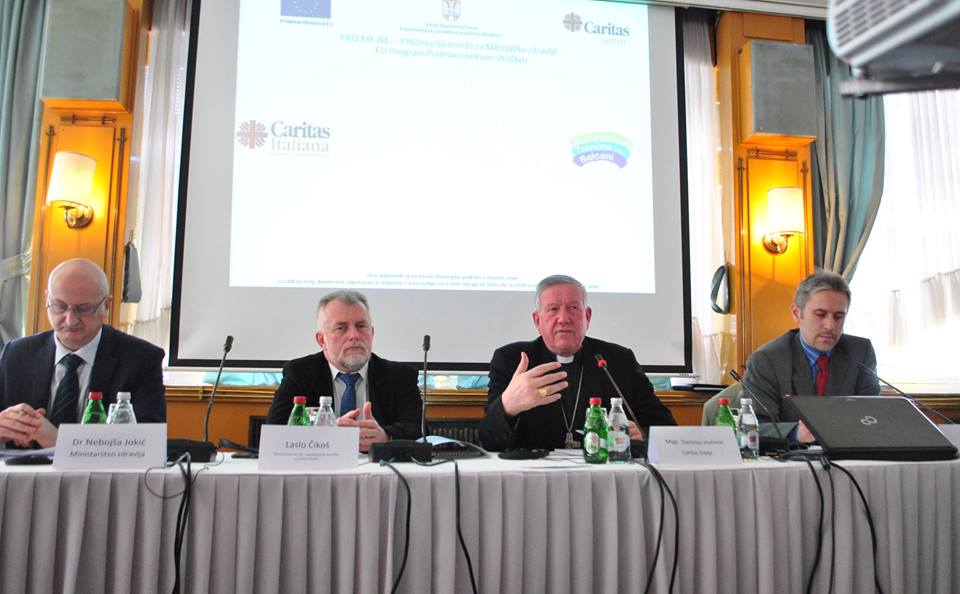
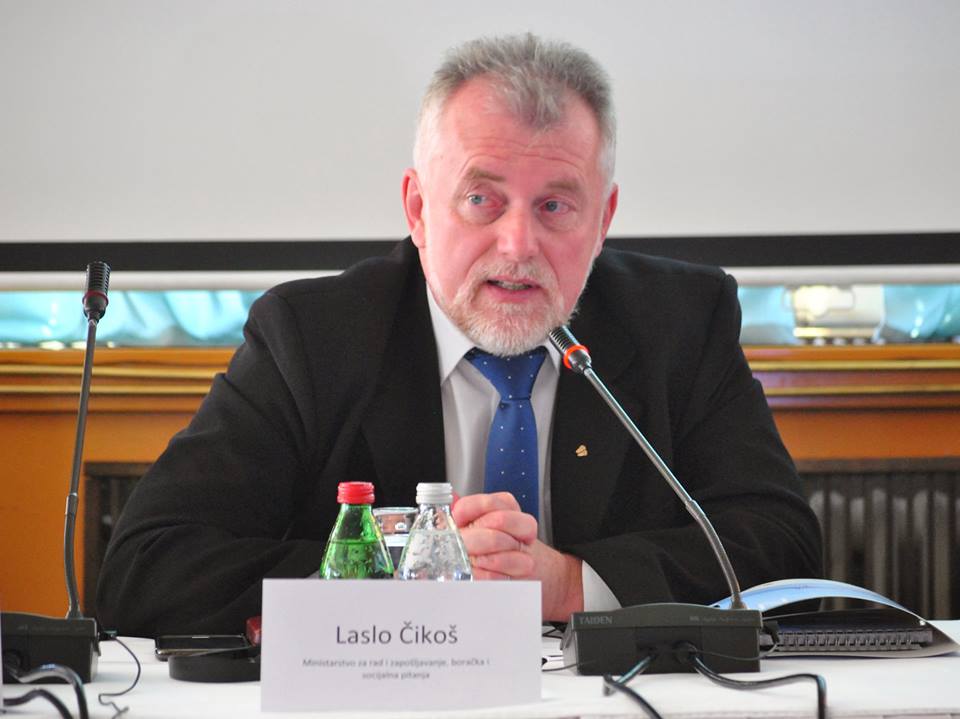
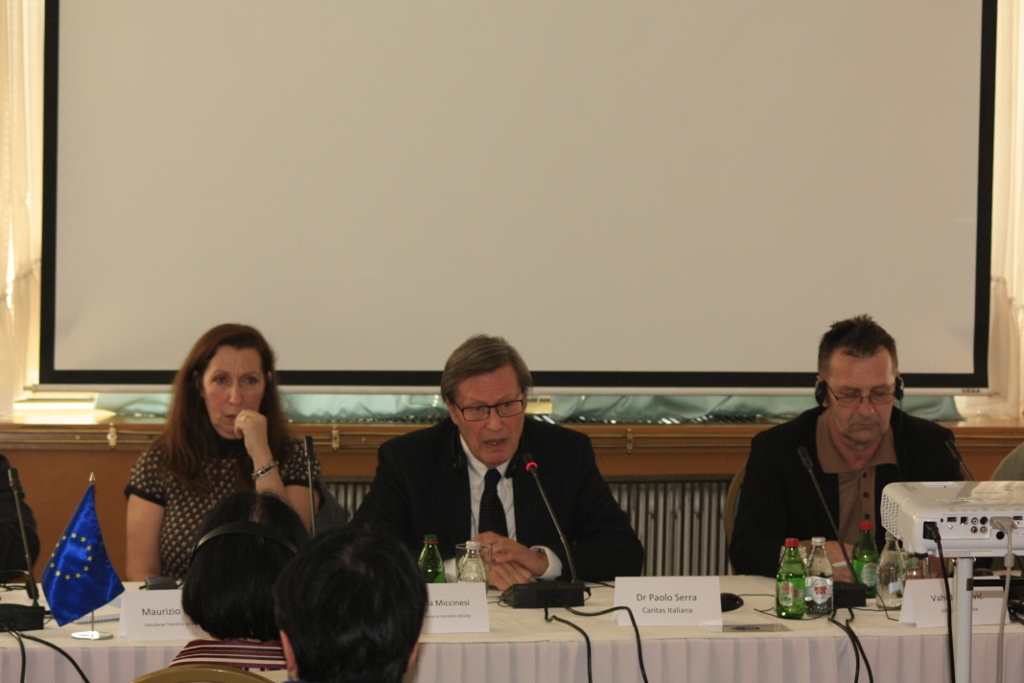
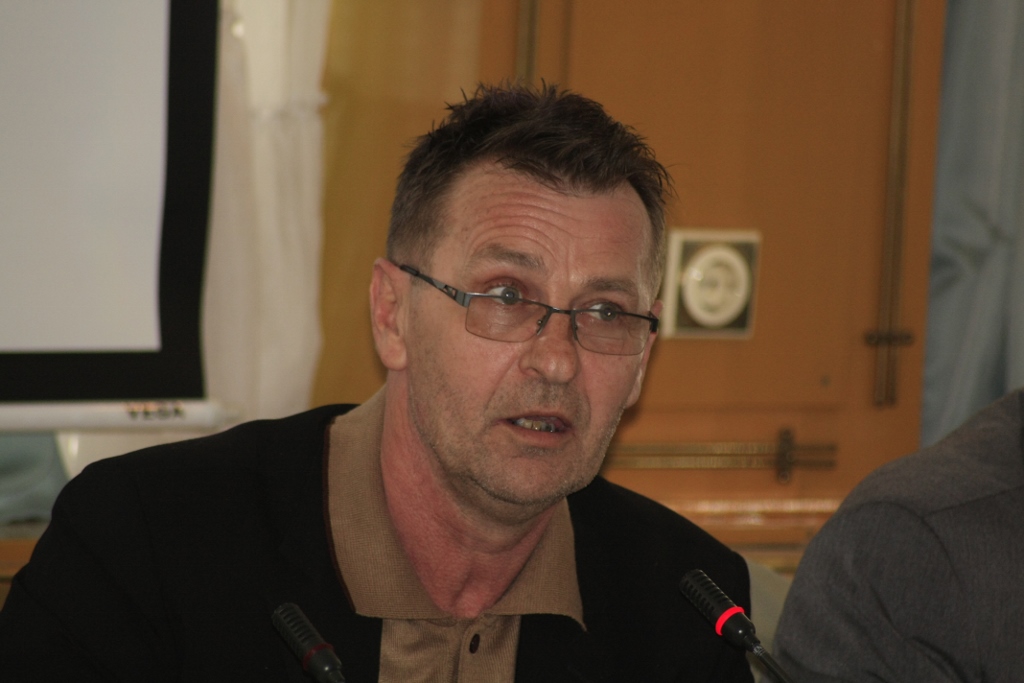
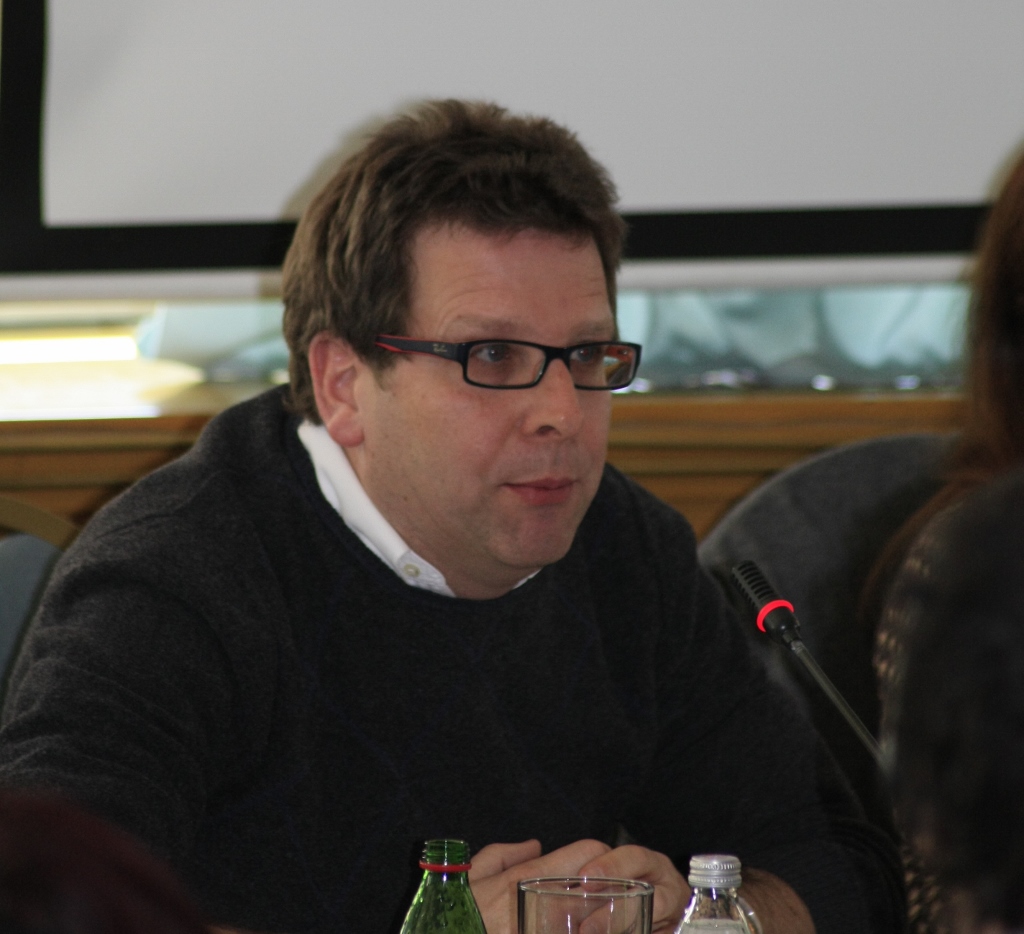
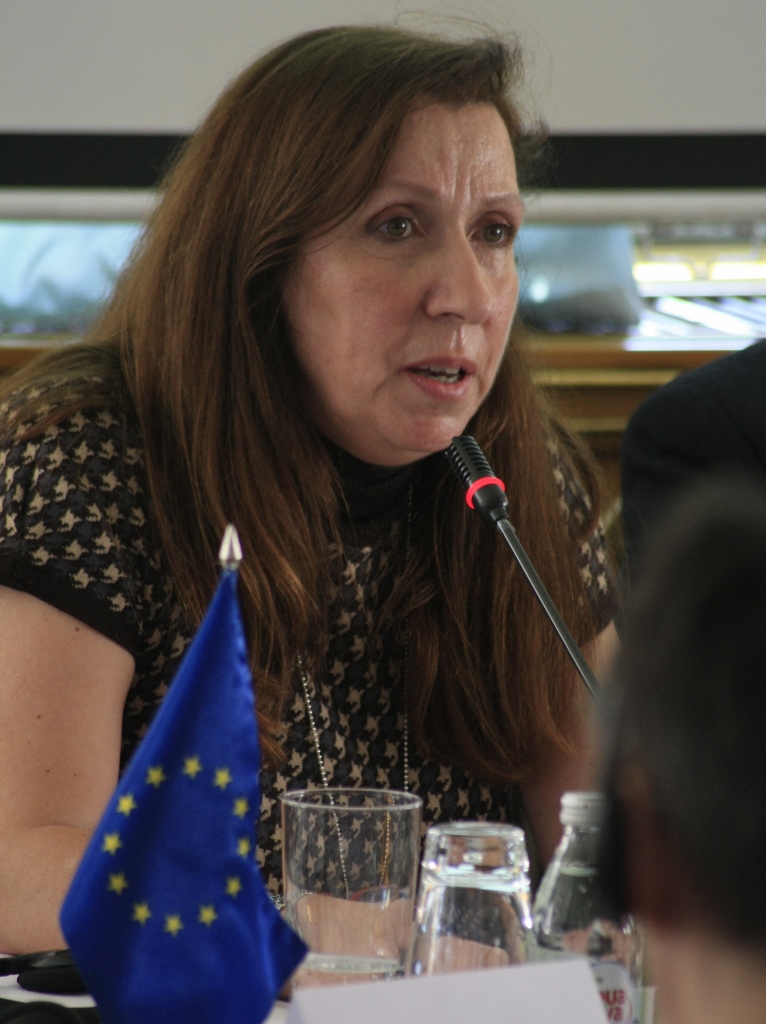
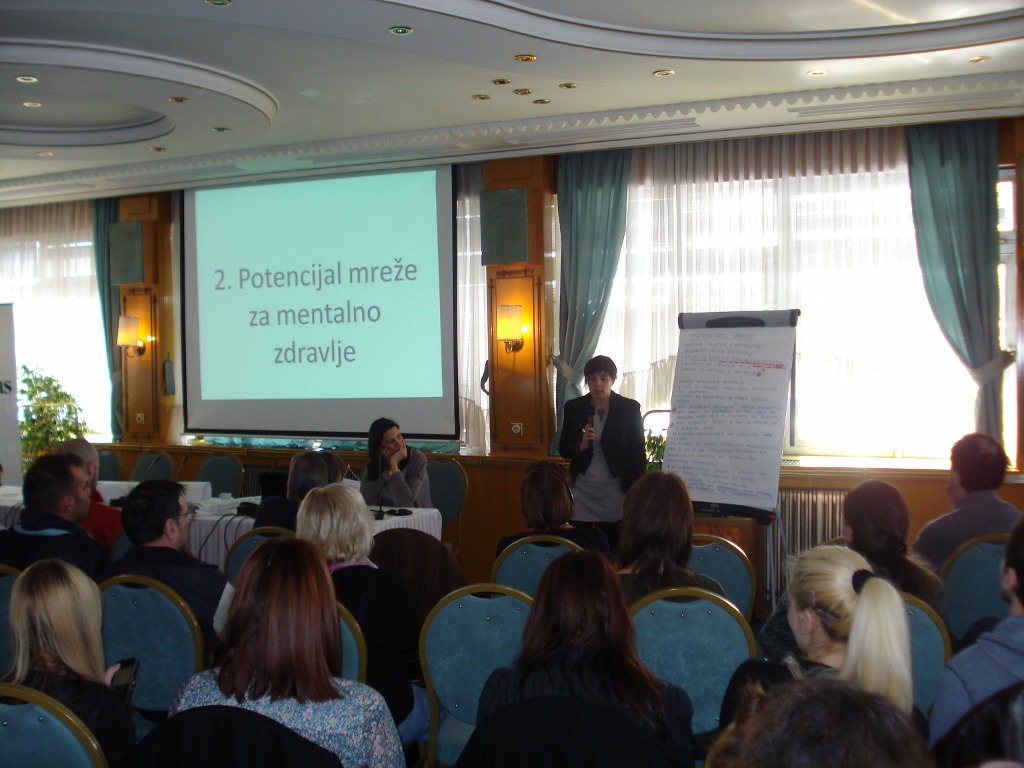
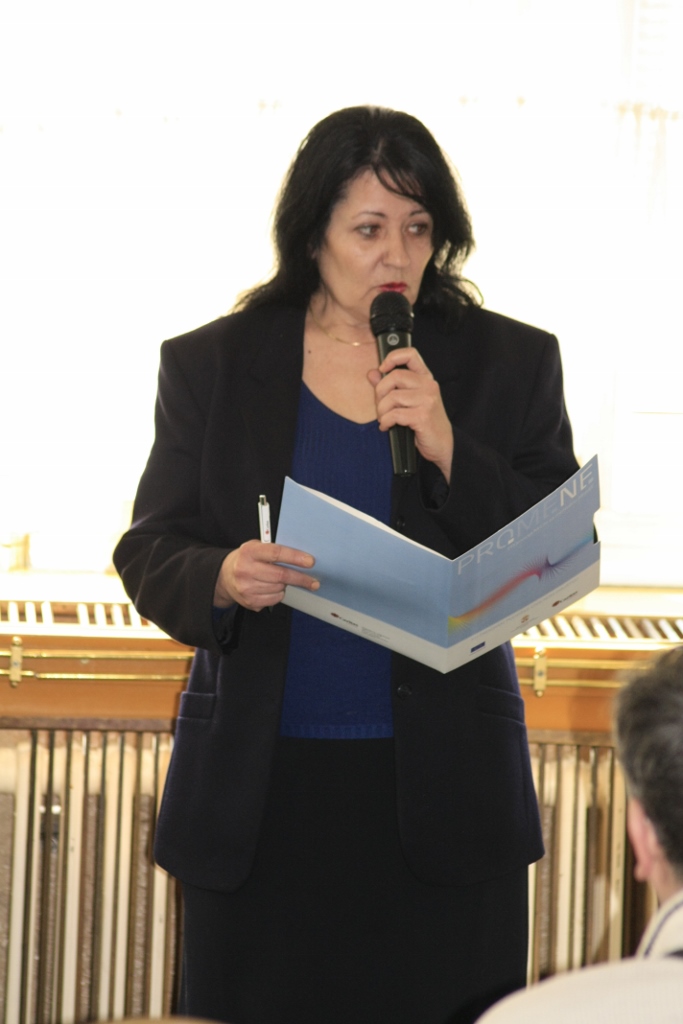
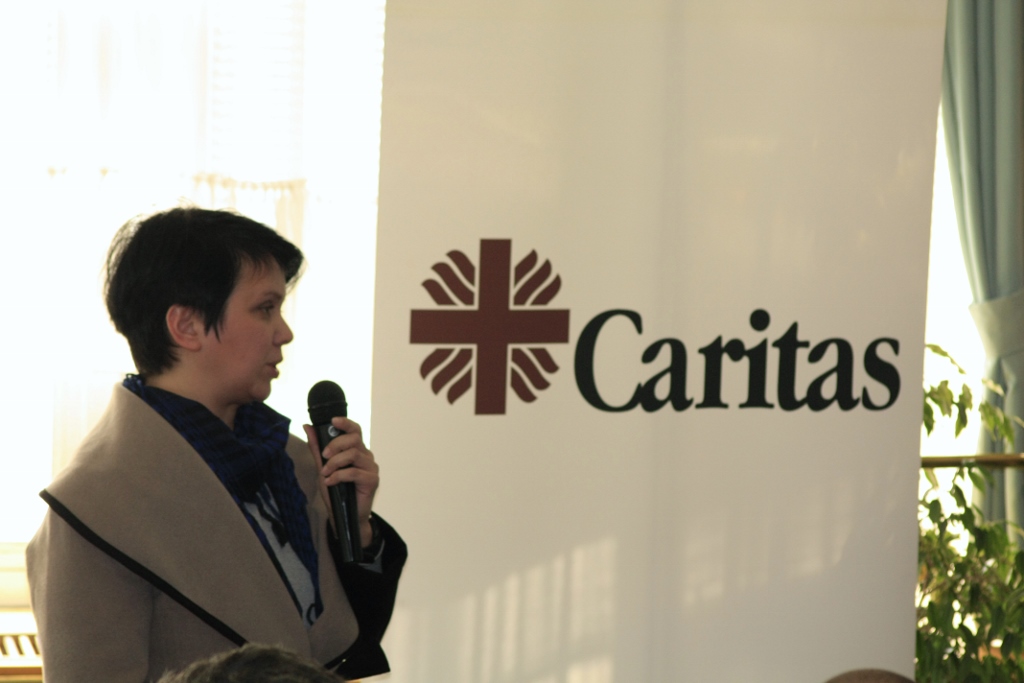
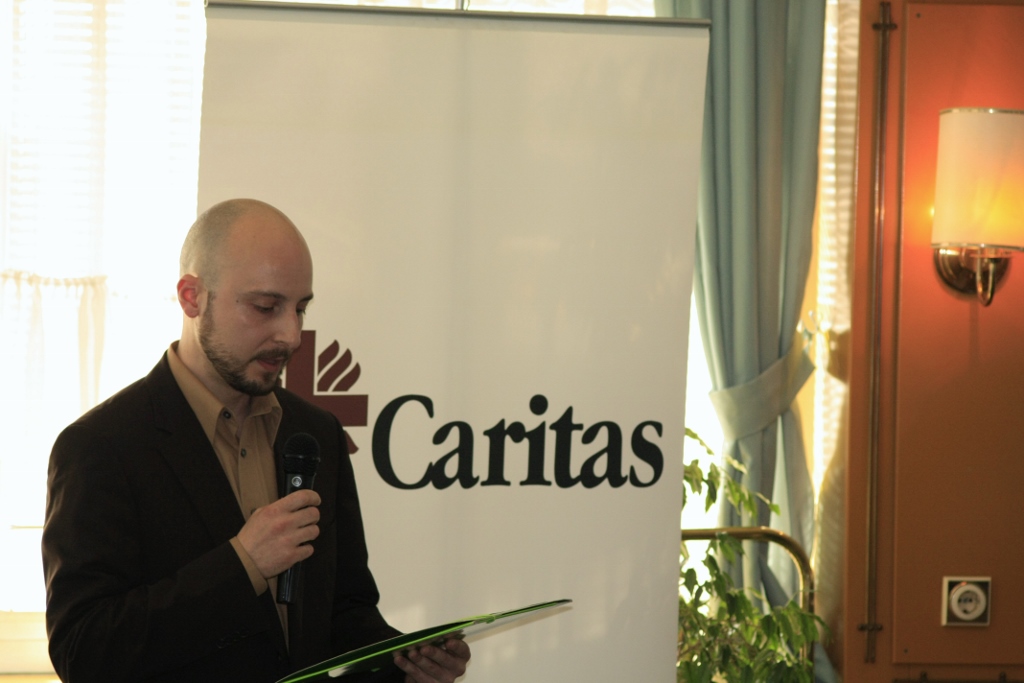
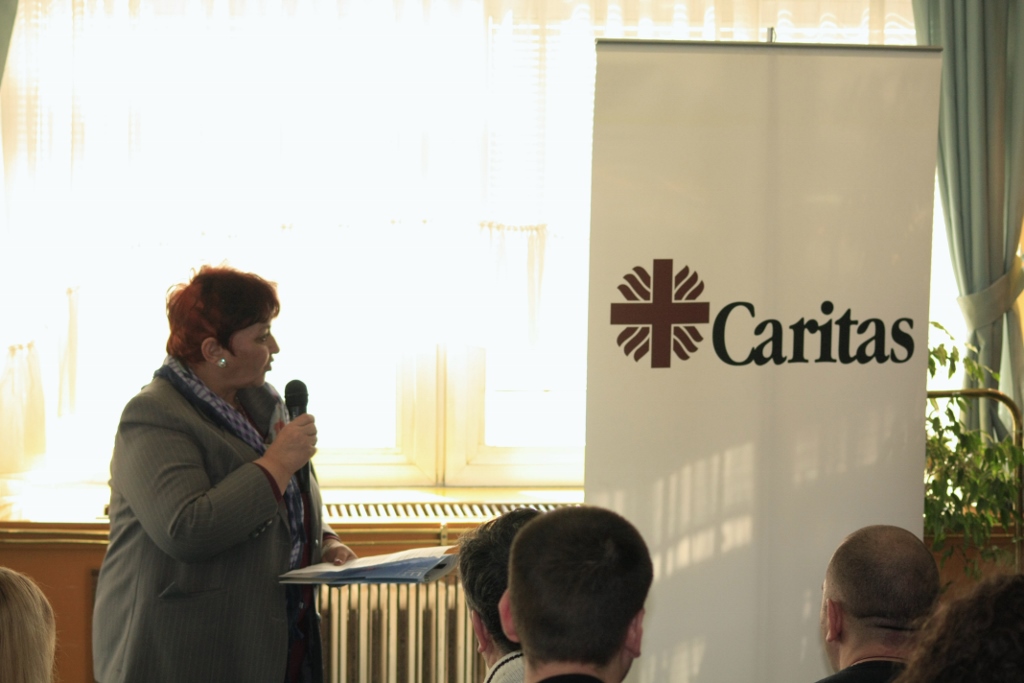
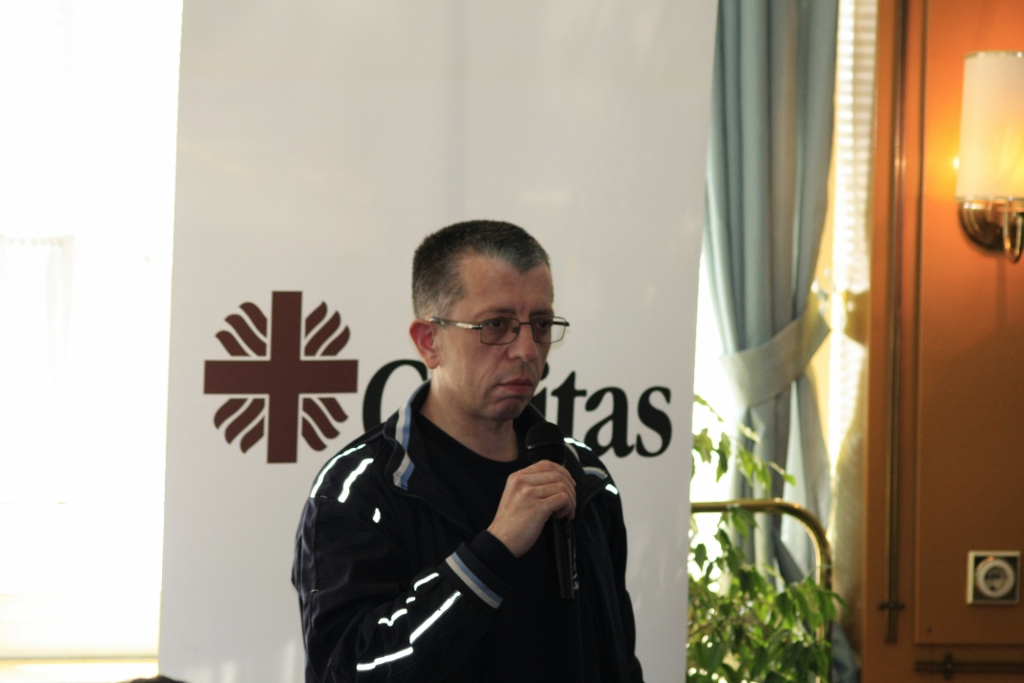
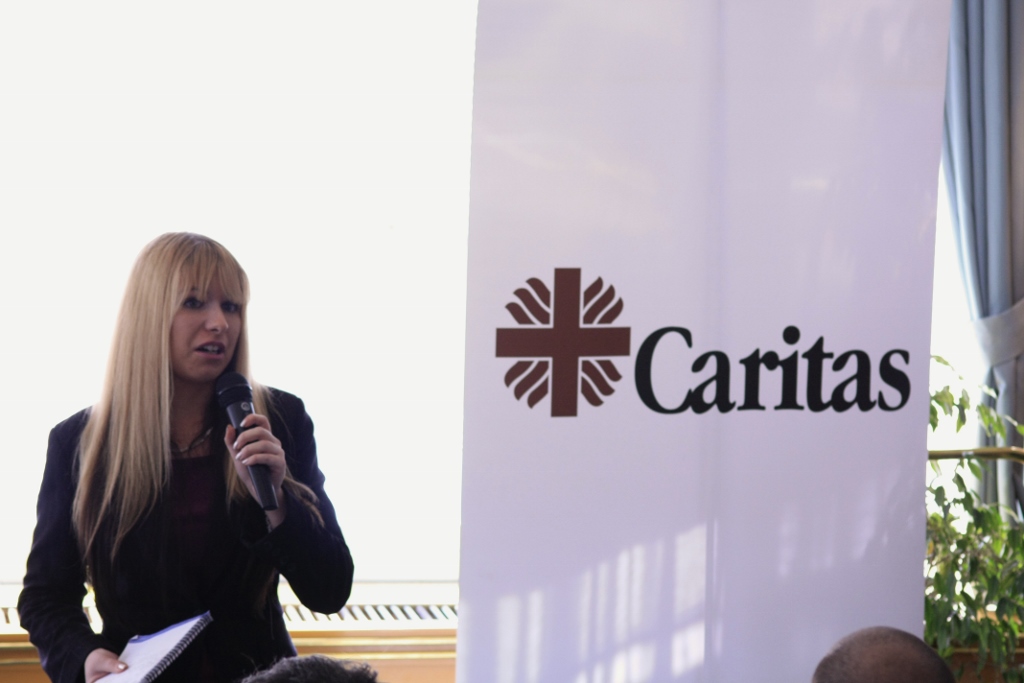
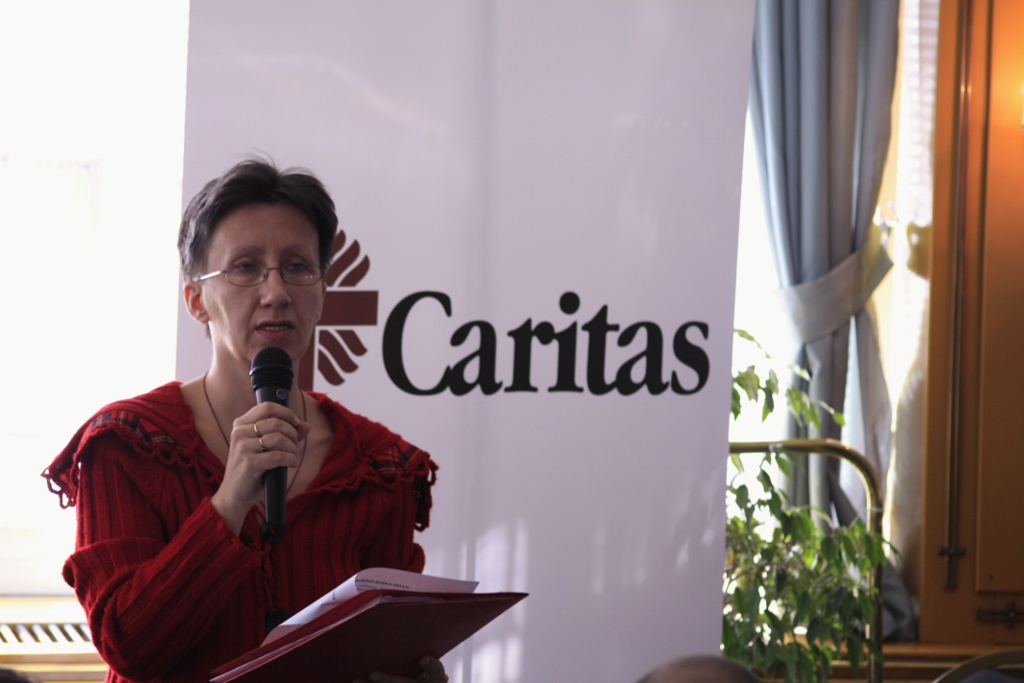
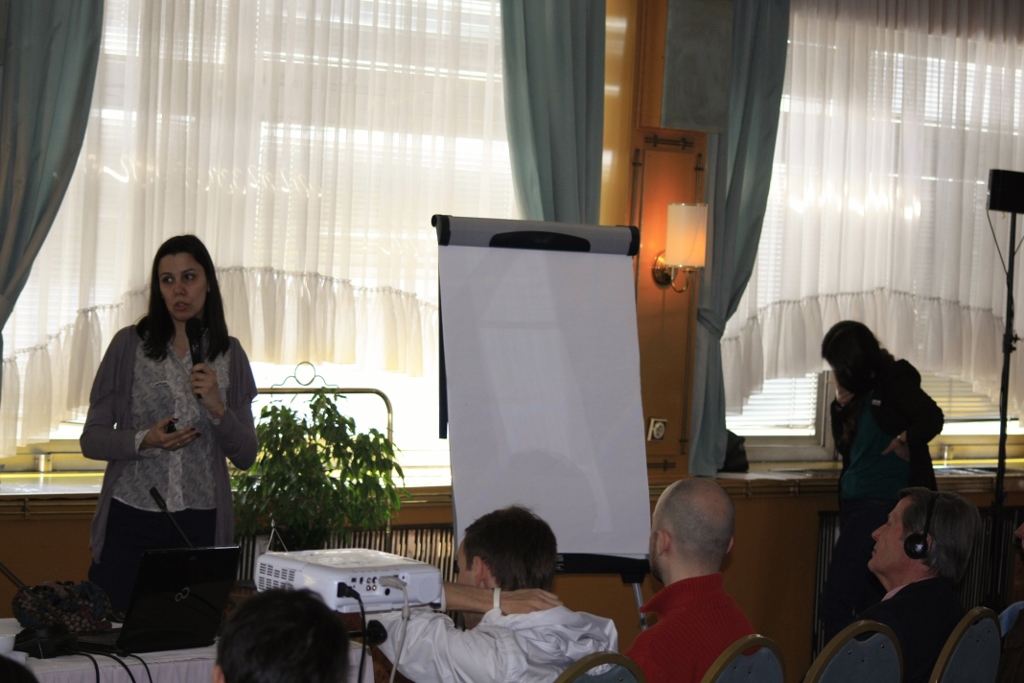
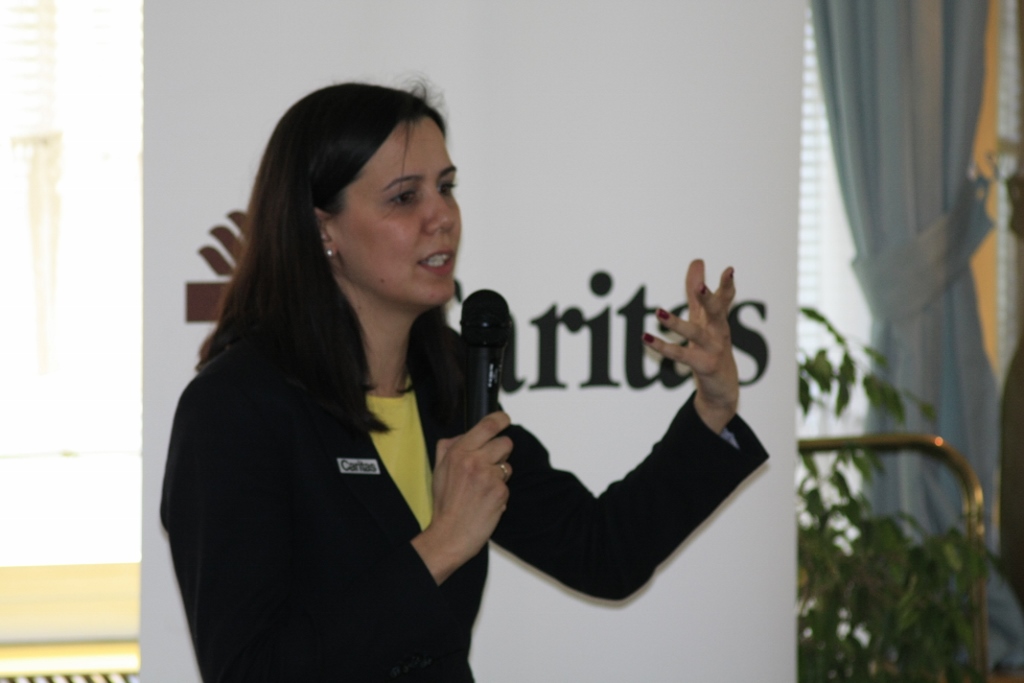
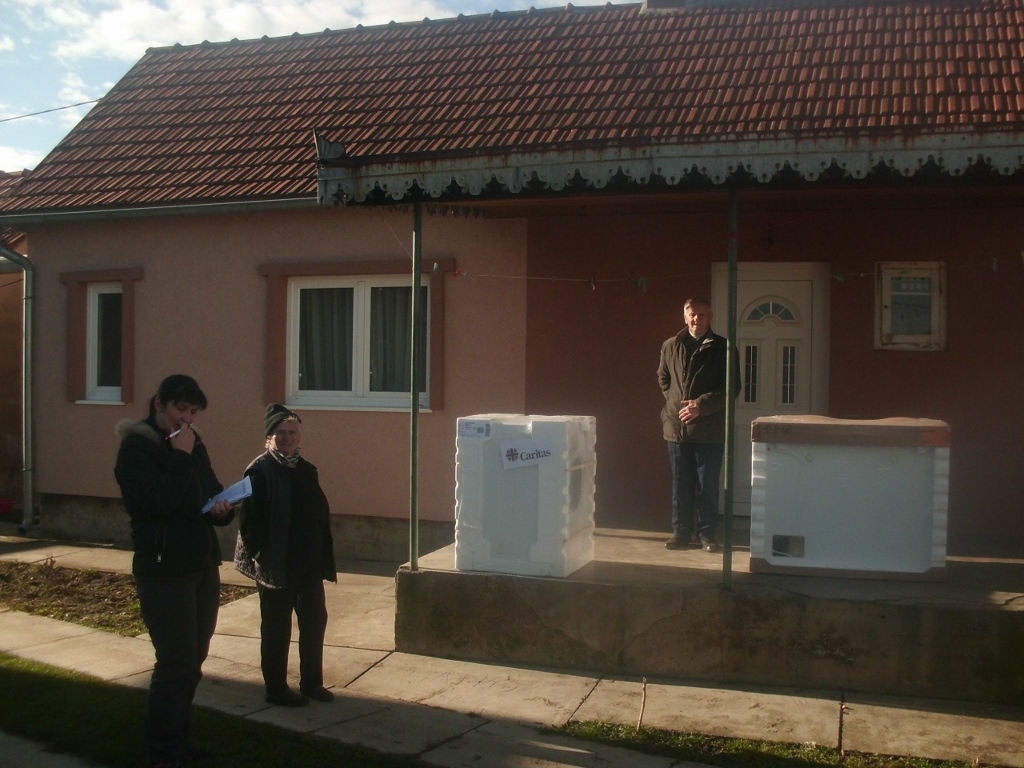
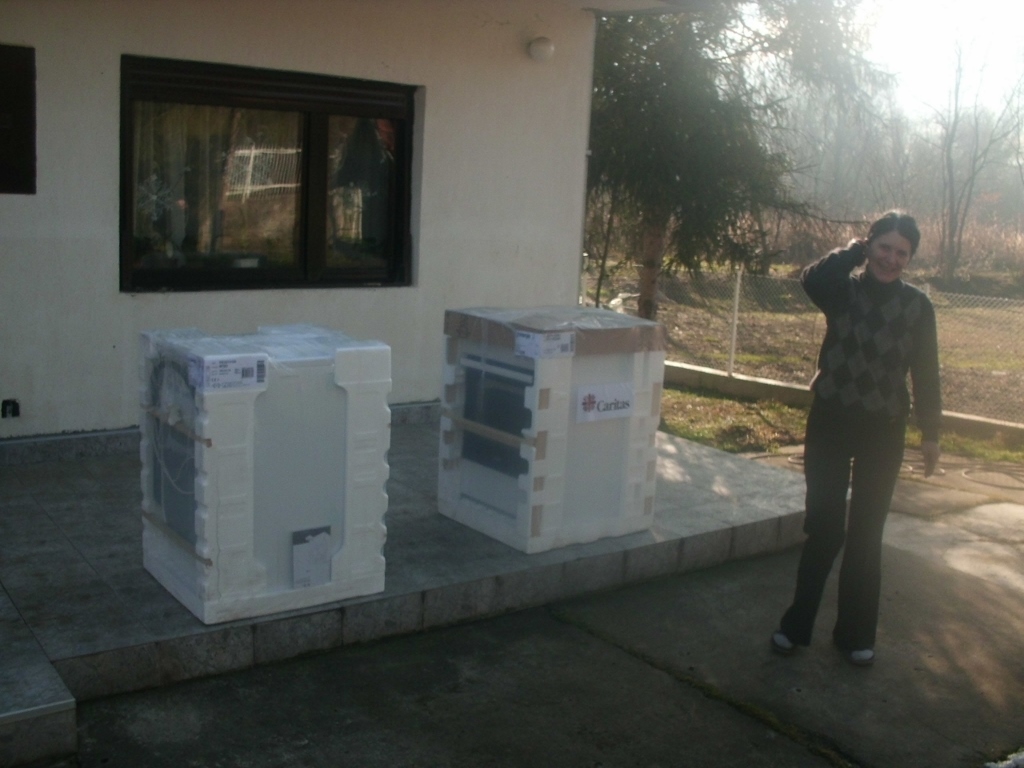
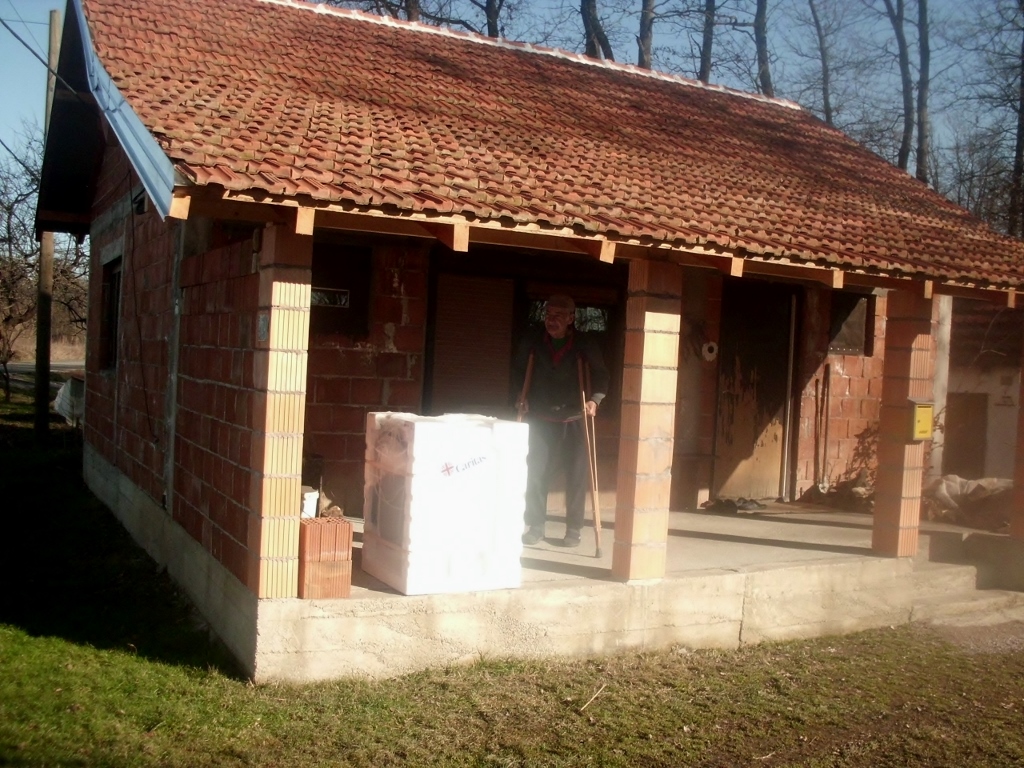
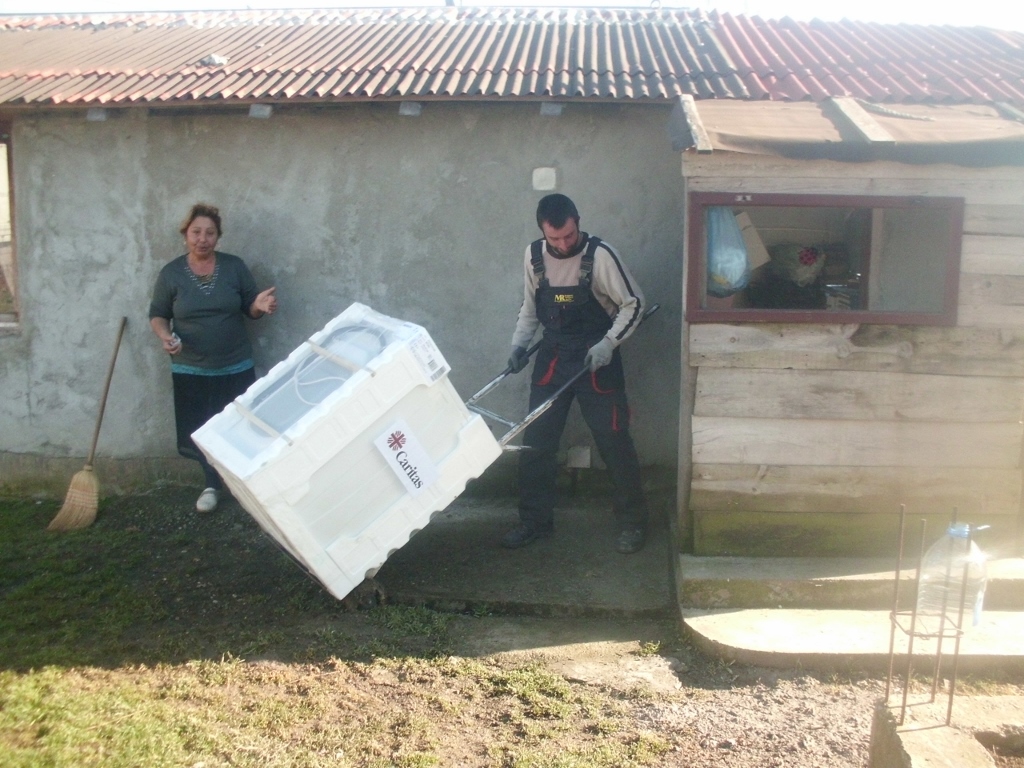
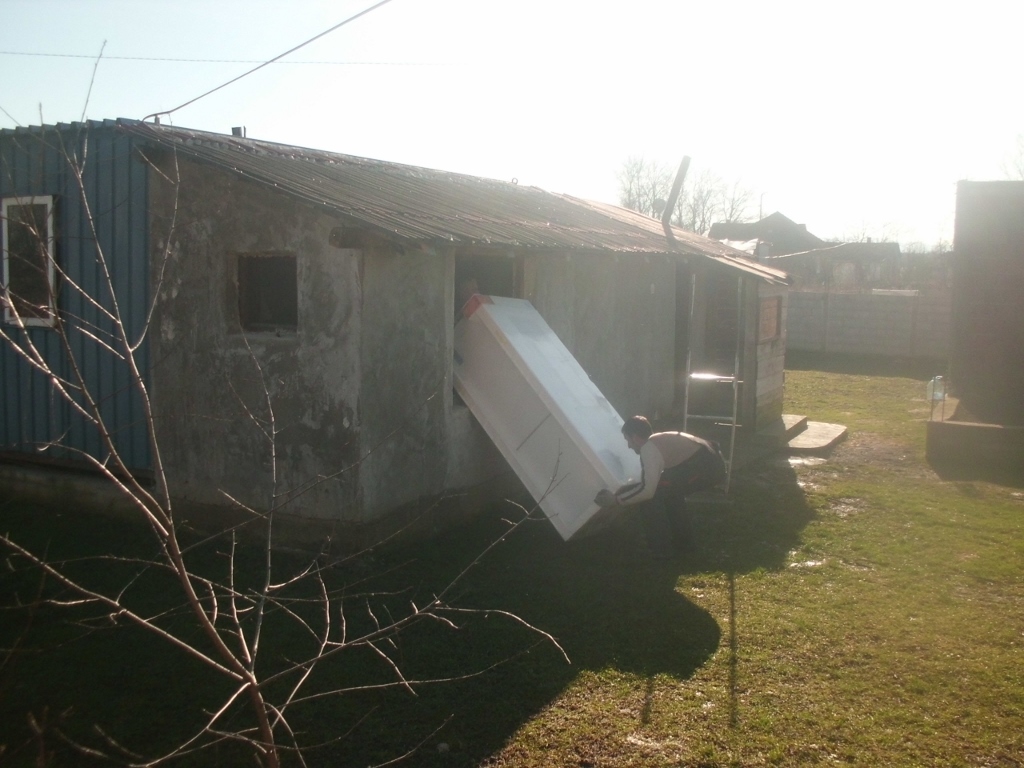
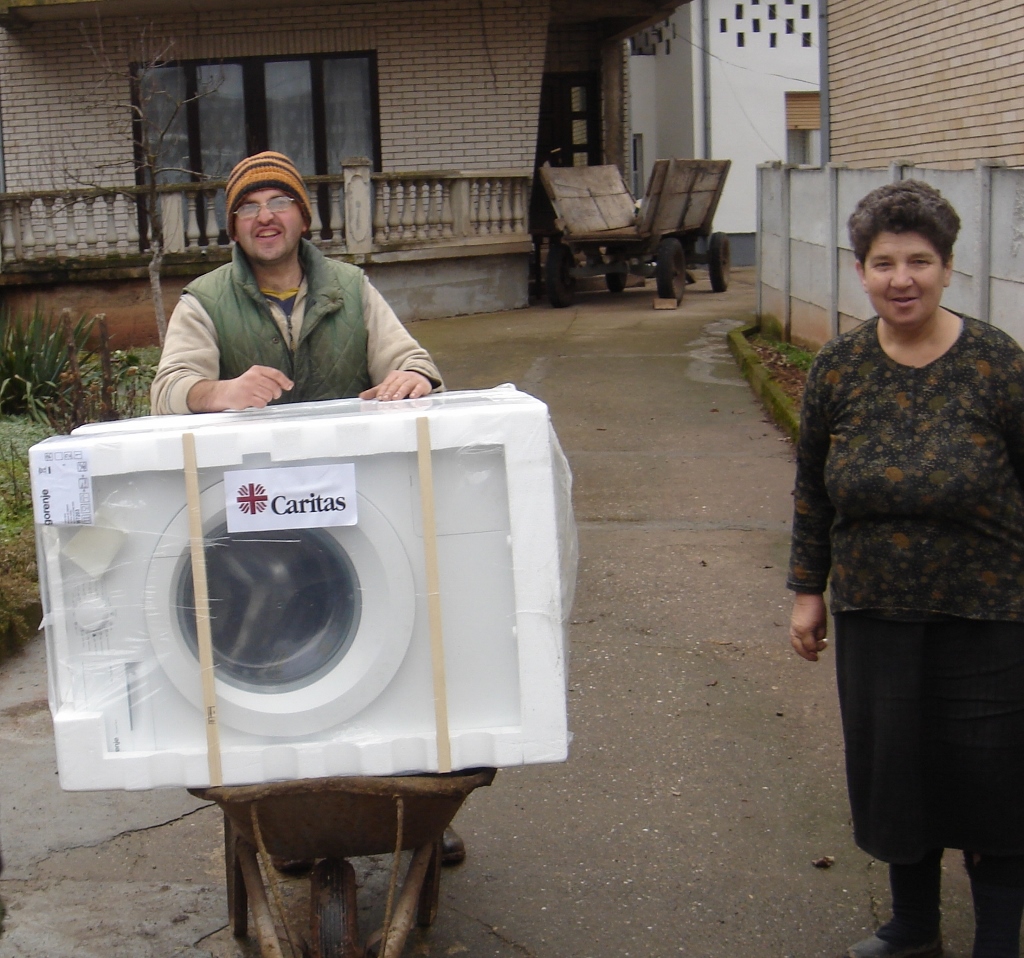
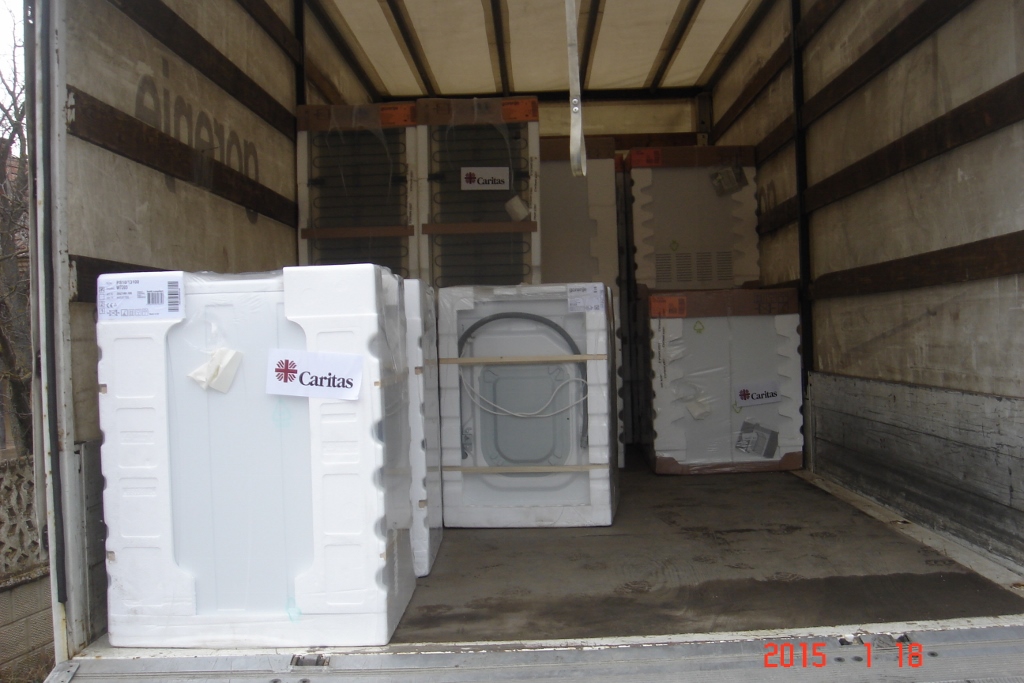
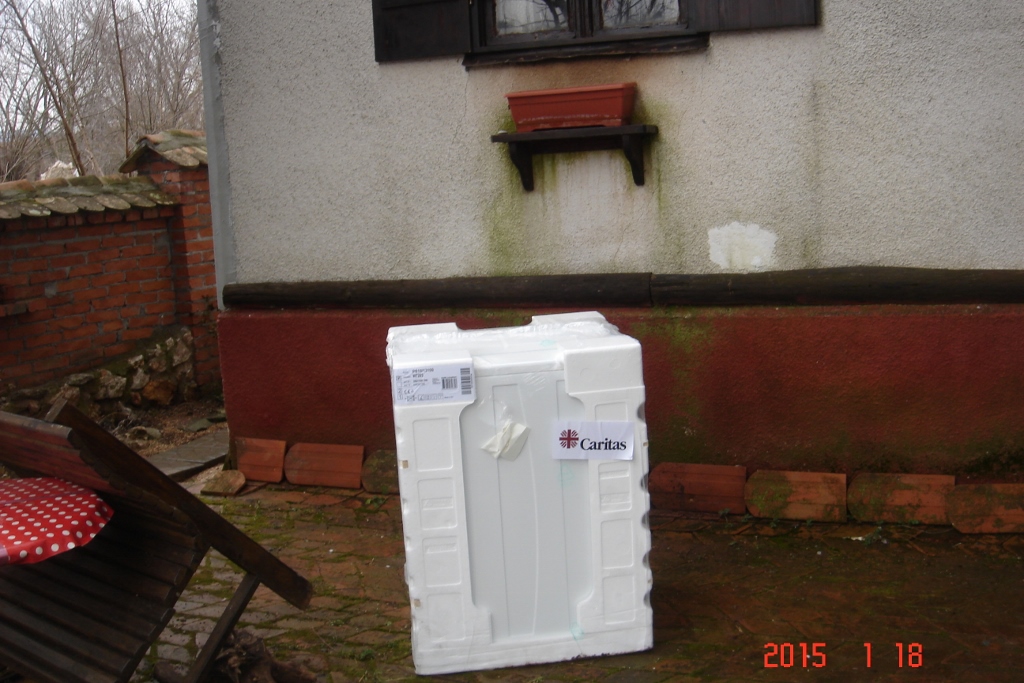
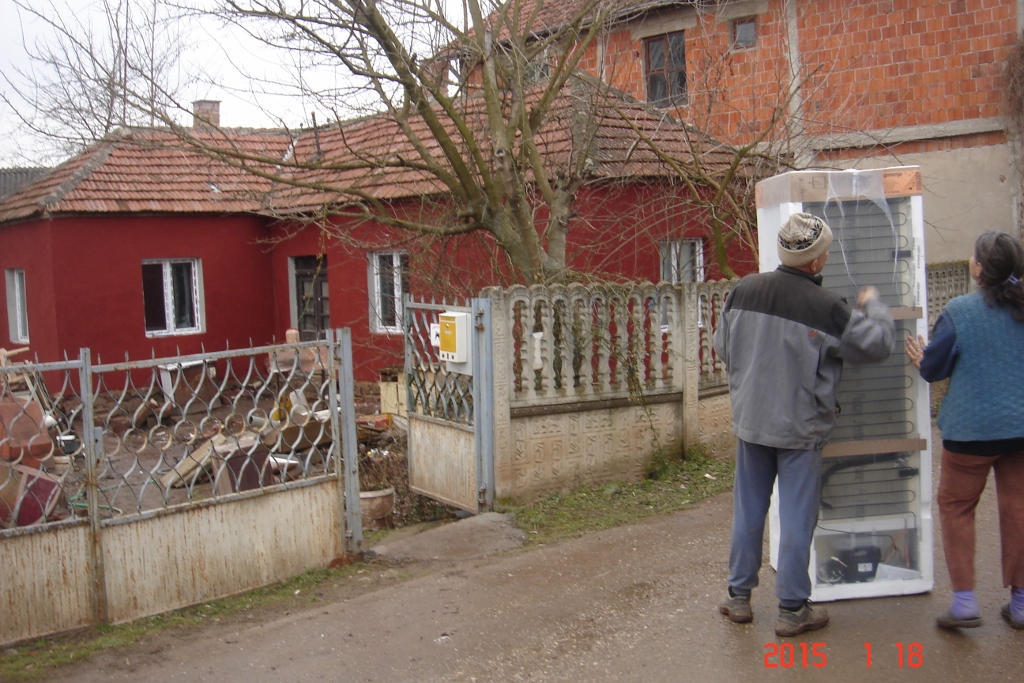
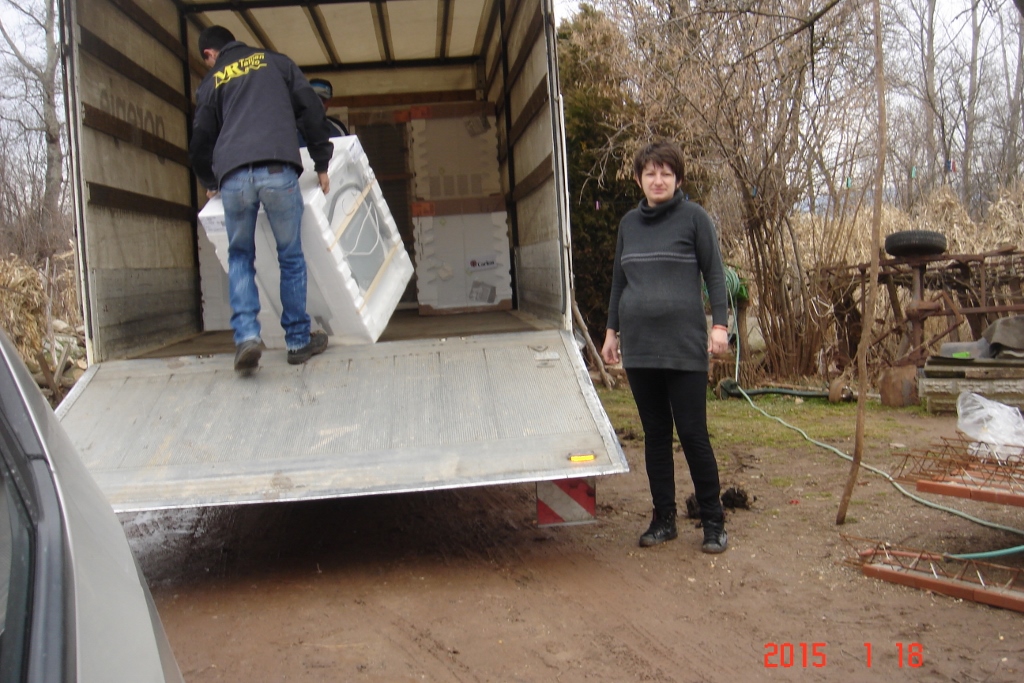
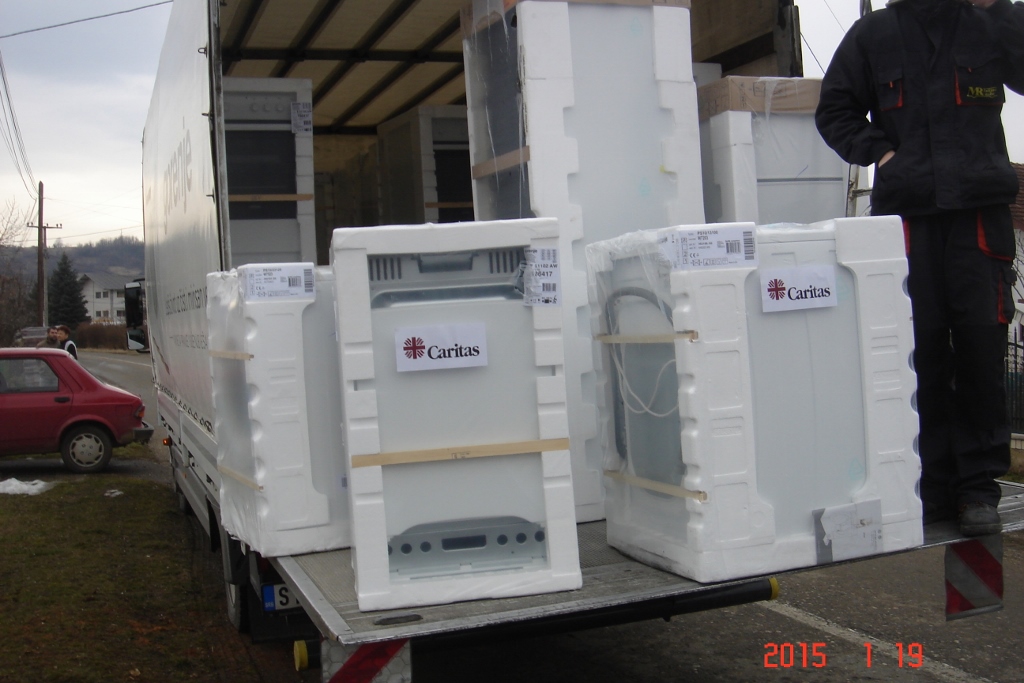
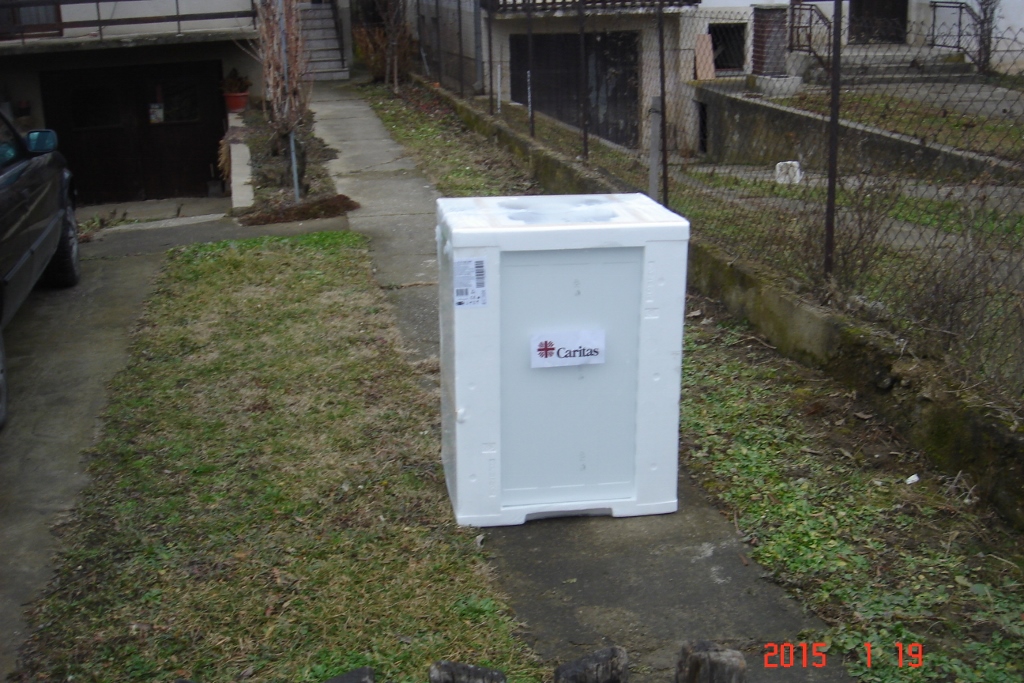
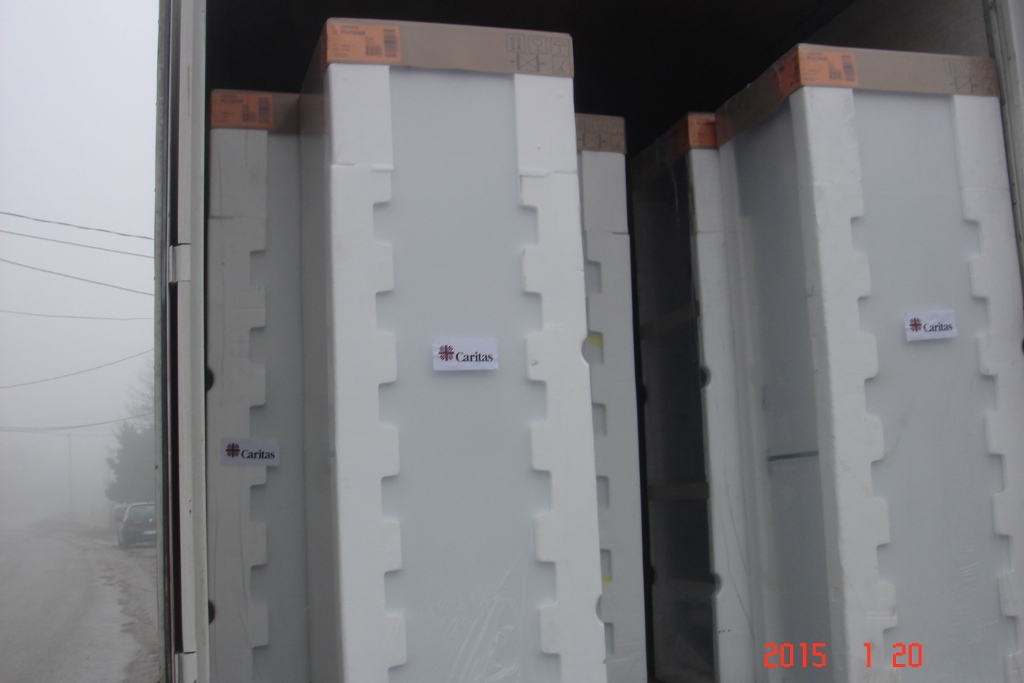
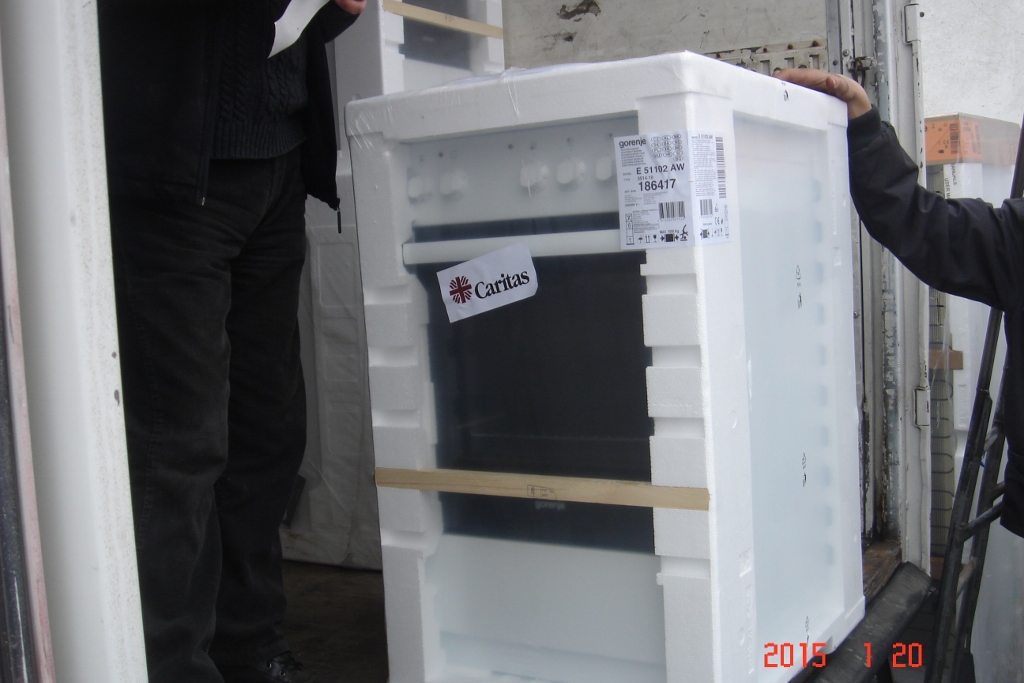
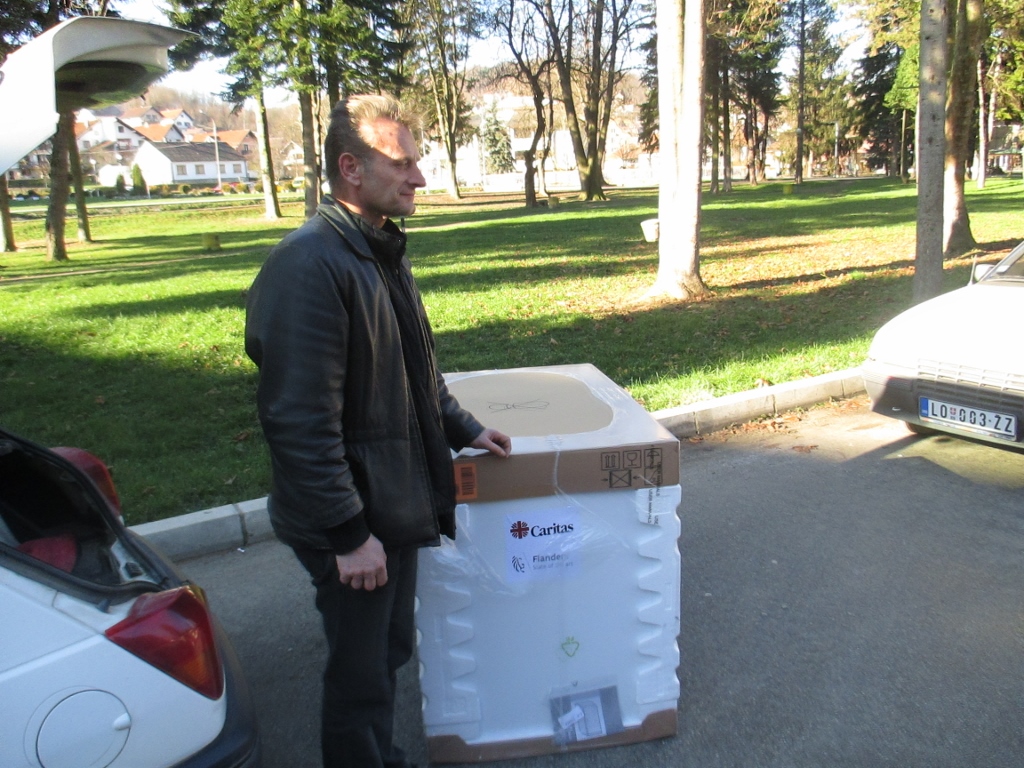
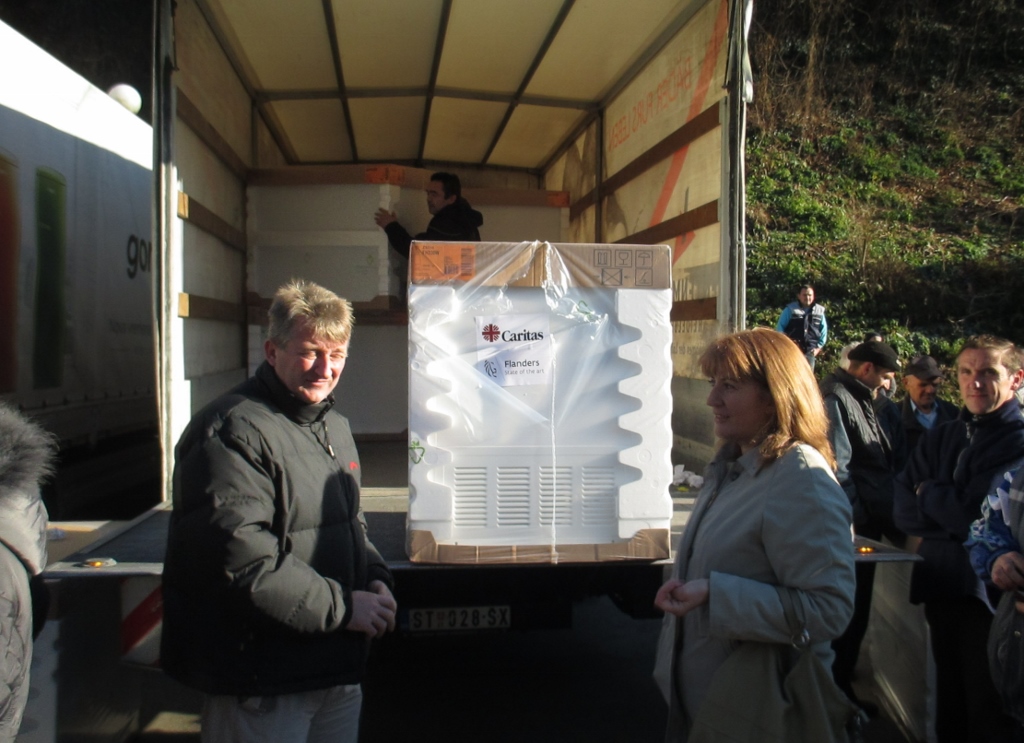
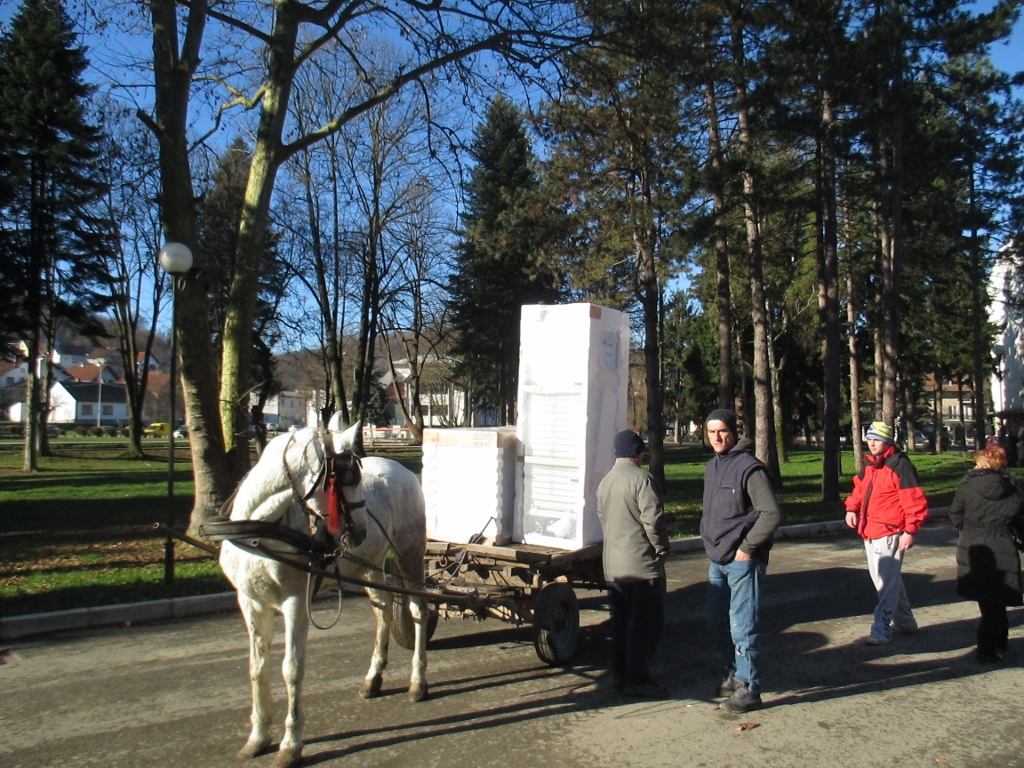
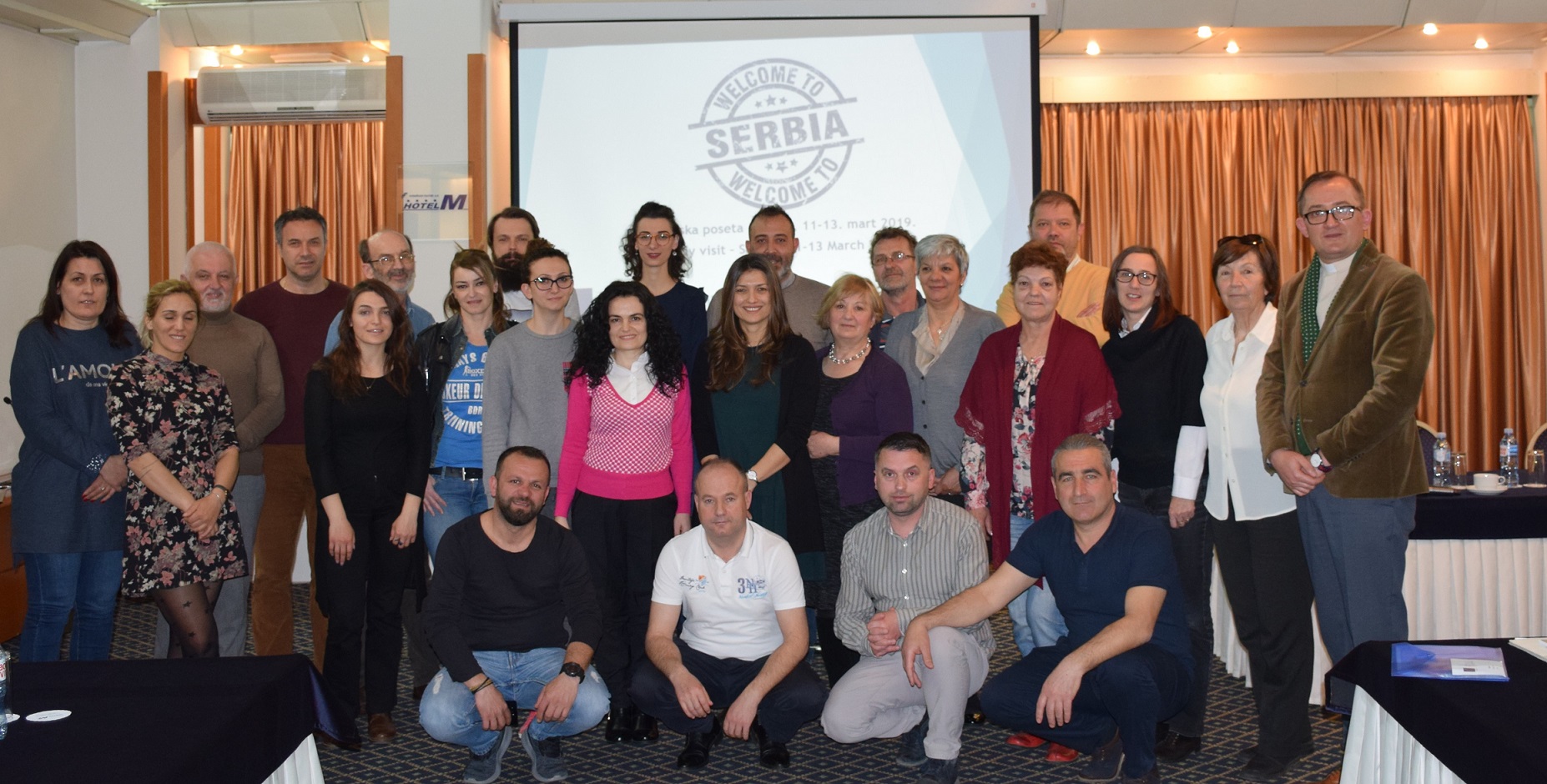
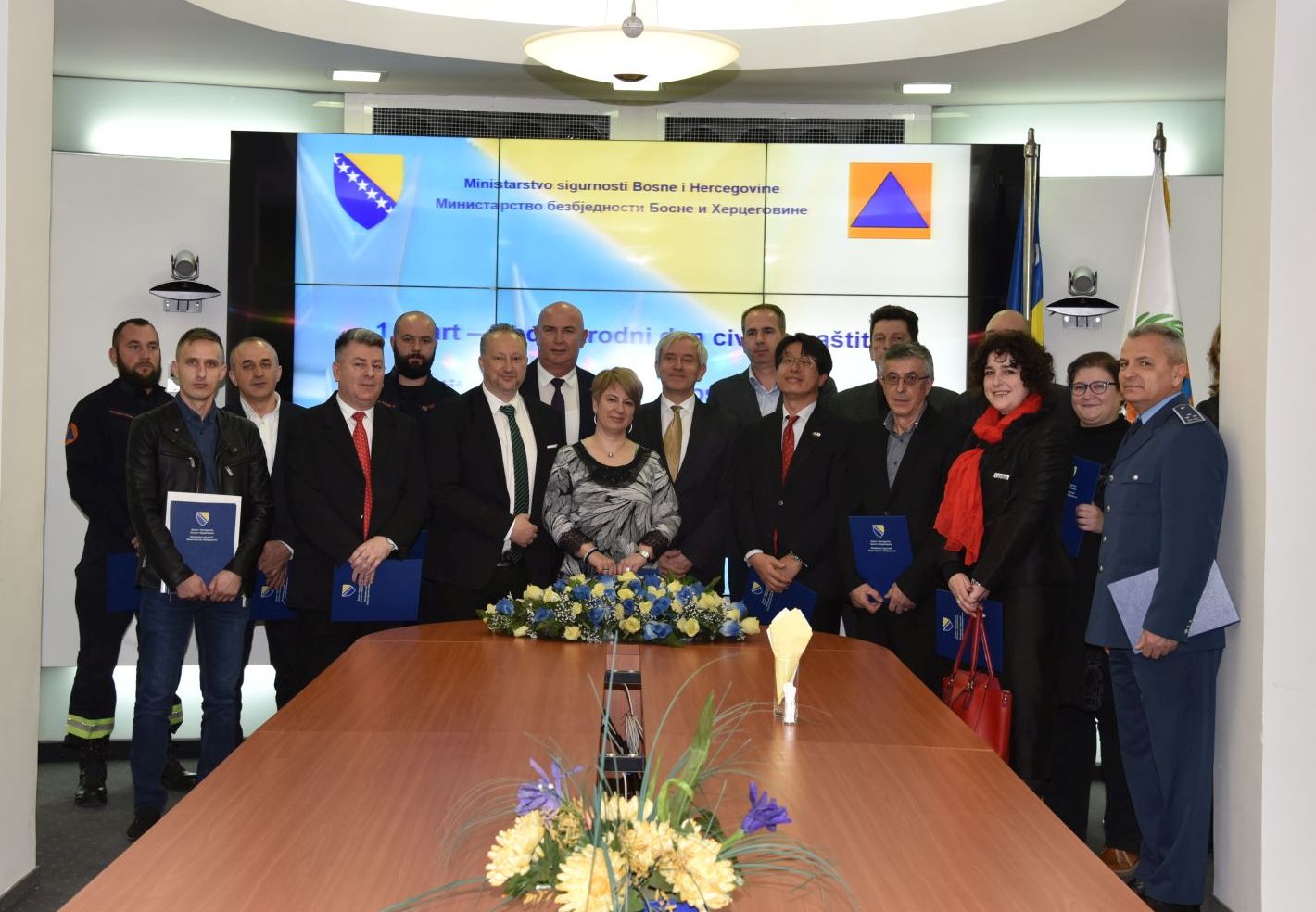

Recent Comments